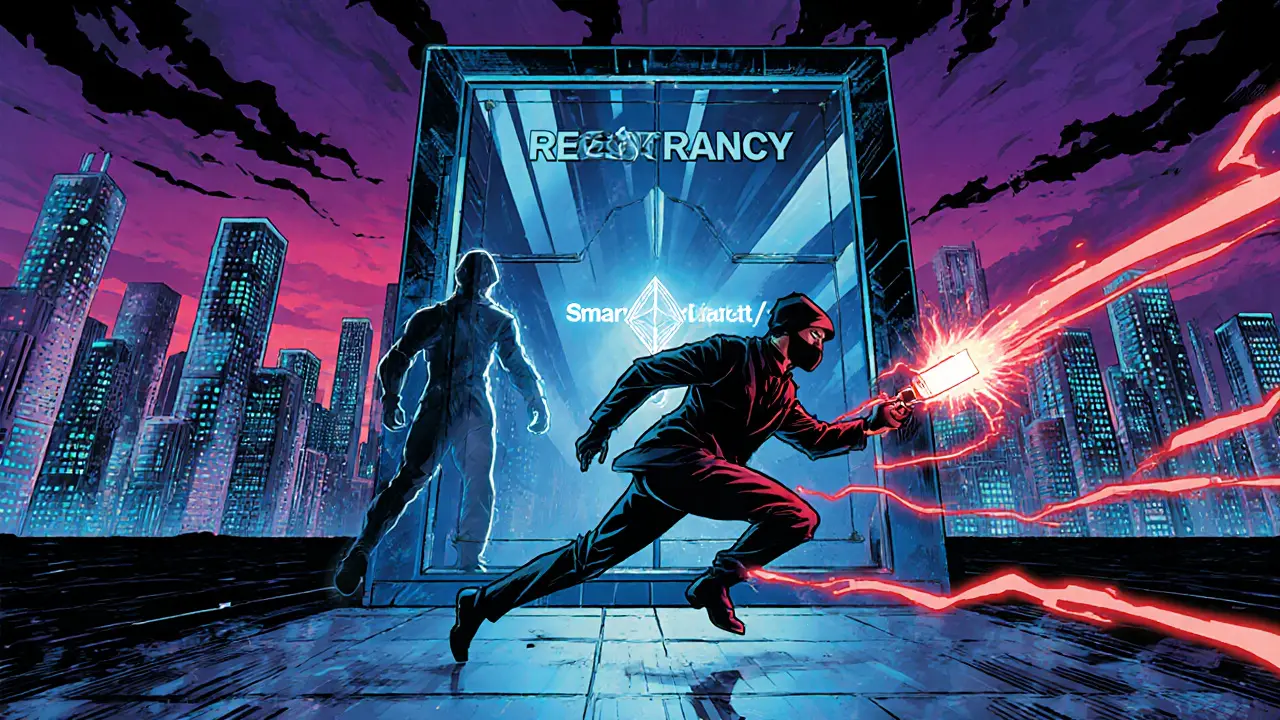Smart Contract Security Overview
When working with Smart Contract Security, the discipline of safeguarding blockchain contracts from bugs, exploits, and design flaws. Also known as SC Security, it ensures that assets locked in code stay safe throughout their lifecycle.
At the heart of this field are Smart Contracts, self‑executing programs that run on a blockchain without a middleman. These contracts can hold millions of dollars, so Vulnerabilities, coding errors or logic flaws that attackers can exploit become a serious risk. To spot and fix these issues, developers rely on Audit Tools, automated scanners and manual review frameworks that assess contract code. Together, smart contracts, vulnerabilities, and audit tools form a feedback loop: smart contract security requires continuous testing, and testing results drive better contract design.
Key Areas to Watch
Beyond basic audits, Formal Verification, mathematical proof techniques that verify a contract's behavior matches its specifications offers the highest assurance level. While formal methods demand expertise, they can prove that a contract will never enter an unsafe state, cutting down on costly after‑the‑fact patches. Compliance frameworks, such as the SEC’s guidance on DeFi, also shape security practices; staying aligned with regulatory expectations reduces legal exposure. Finally, community‑driven bug bounty programs add an extra layer of defense by incentivizing independent researchers to hunt for hidden flaws.
All these pieces—smart contracts, vulnerabilities, audit tools, formal verification, and compliance—interact to create a robust security posture. Below, you’ll find a curated collection of articles that dive deeper into each aspect, from real‑world hack analyses to step‑by‑step guides on running audits and deploying verification tools. Explore the list to sharpen your understanding and apply proven strategies to keep your contracts safe.
Learn how reentrancy attacks exploit smart contracts, the DAO hack fallout, and practical defenses like C‑E‑I, reentrancy guards, and pull‑over‑push patterns.

